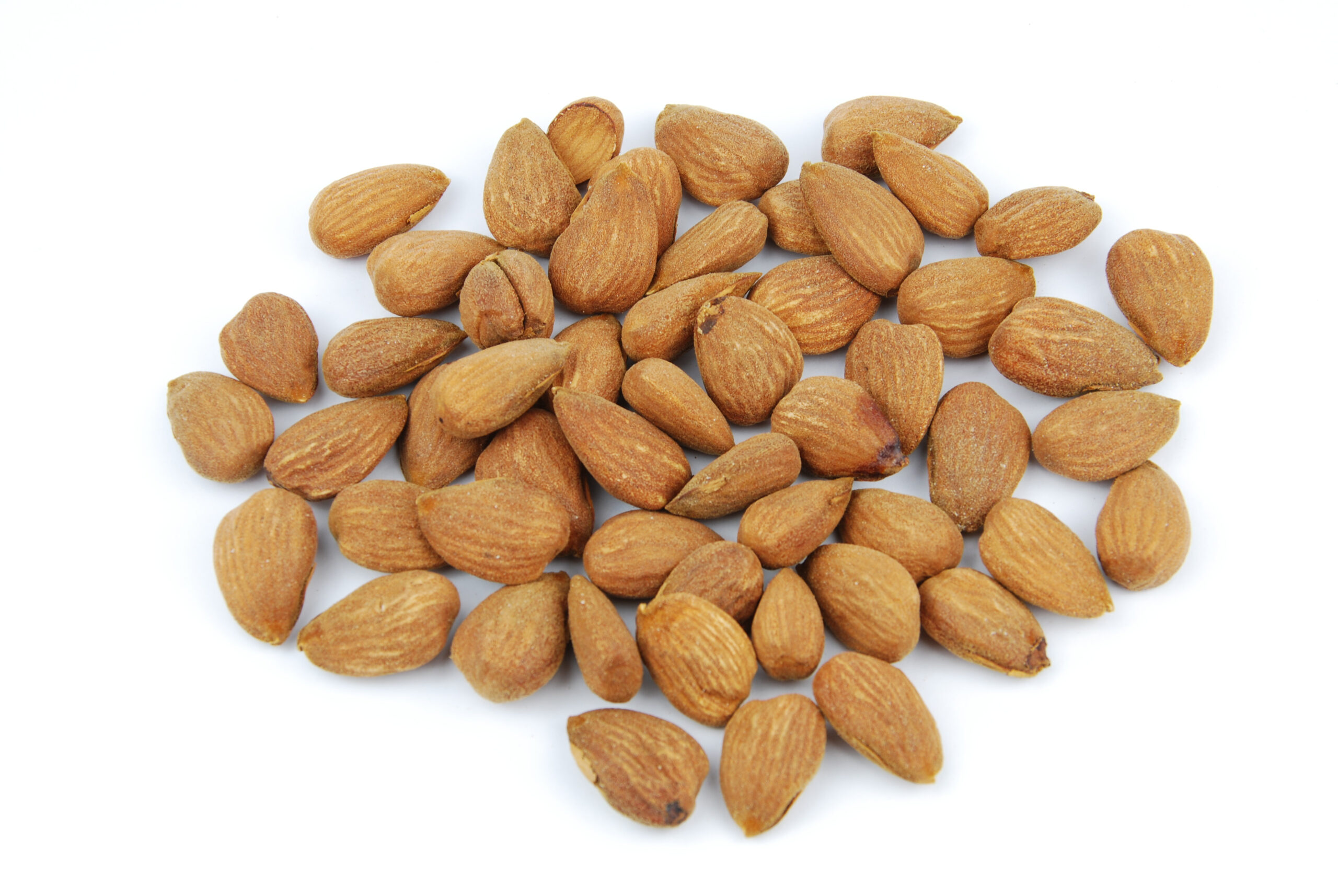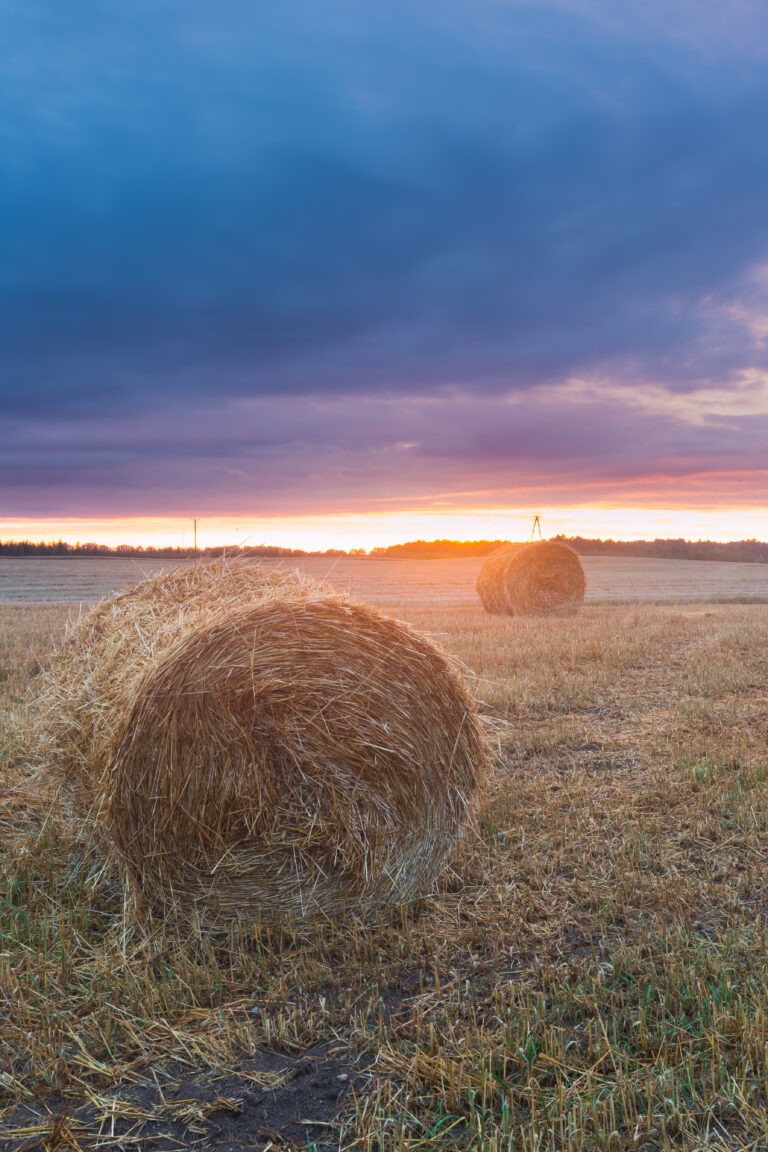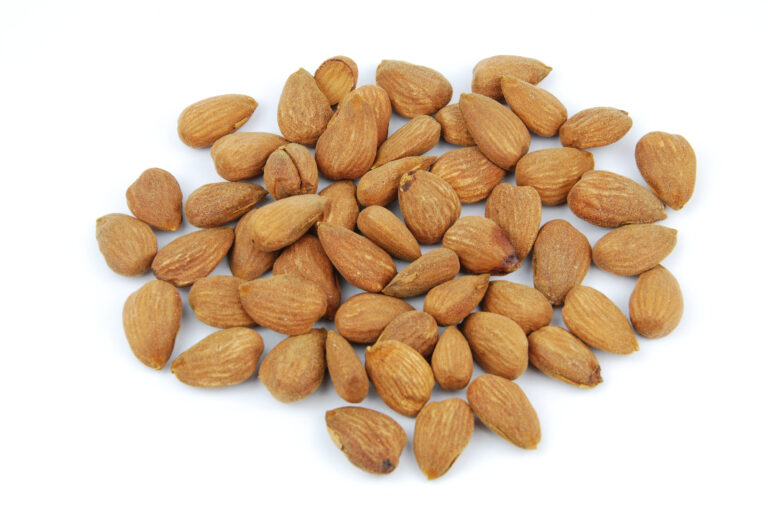Introduction to Organic and Sustainable Food
Organic food is produced without using synthetic pesticides, fertilizers or genetically modified organisms (GMOs). It is grown with natural methods that sustain soil health and promote biodiversity. Sustainable agriculture also takes into account the environmental impact of farming practices and aims to minimize waste and pollution. By choosing organic and sustainable food, you are supporting these principles and helping to protect both your own health and the planet’s.
The Health Benefits of Going Green
There are many reasons why people choose to eat organic and sustainable food. One reason is because it can be more nutritious than conventionally-grown produce. Organic fruits and vegetables have been found to contain higher levels of vitamins, minerals, antioxidants and other beneficial compounds compared to their non-organic counterparts. Additionally, organic meat and dairy products come from animals that were raised in humane conditions and fed a natural diet, which can result in better taste and quality.

Another benefit of going green is the reduced exposure to chemicals and pesticides. Conventional farming uses large amounts of synthetic pesticides and herbicides, which can leave residues on food and pose potential risks to human health. By choosing organic and sustainably-produced food, you can reduce your exposure to these chemicals and support safer and cleaner food production systems.
How to Choose the Best Organic Products
With so many options available for organic and sustainable food, it can sometimes be overwhelming to know what to look for. Here are some tips for selecting high-quality organic products:
1. Look for certified organic labels – Certifications such as USDA Organic, Organic Farmers Association, and Demeter Biodynamic are reliable indicators of genuine organic products.
2. Check product origin – Buy locally sourced seasonal produce whenever possible, as this reduces carbon footprint associated with transportation.
3. Avoid packaged foods – Packaged foods may claim to be organic but often contain added preservatives, sugars, salts, and unhealthy oils. Stick to whole, fresh foods instead.
Conclusion: Making a Difference with Your Food Choices
Choosing organic and sustainable food is not just about personal health; it’s also about making a positive impact on the environment. By supporting sustainable agriculture practices, we can help reduce greenhouse gas emissions, preserve wildlife habitats, and ensure the long-term viability of our planet’s resources. So, make a difference today by choosing organic and sustainable food!




